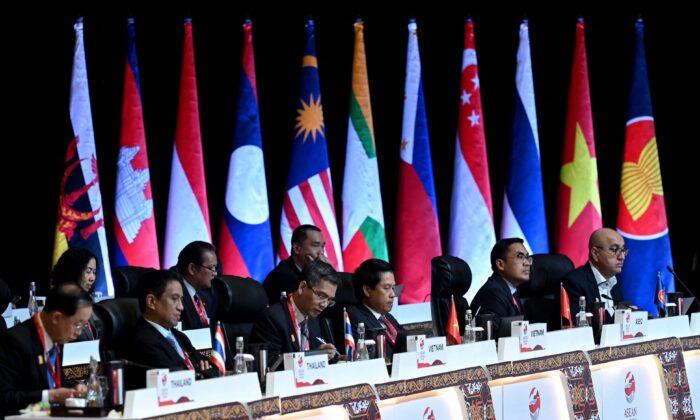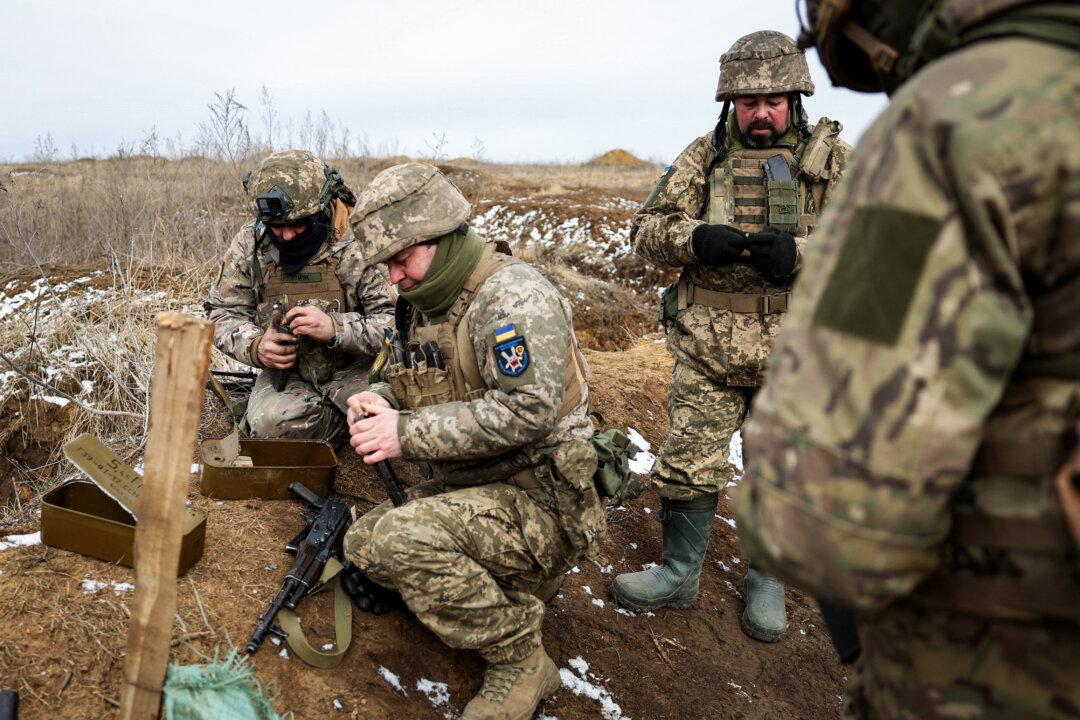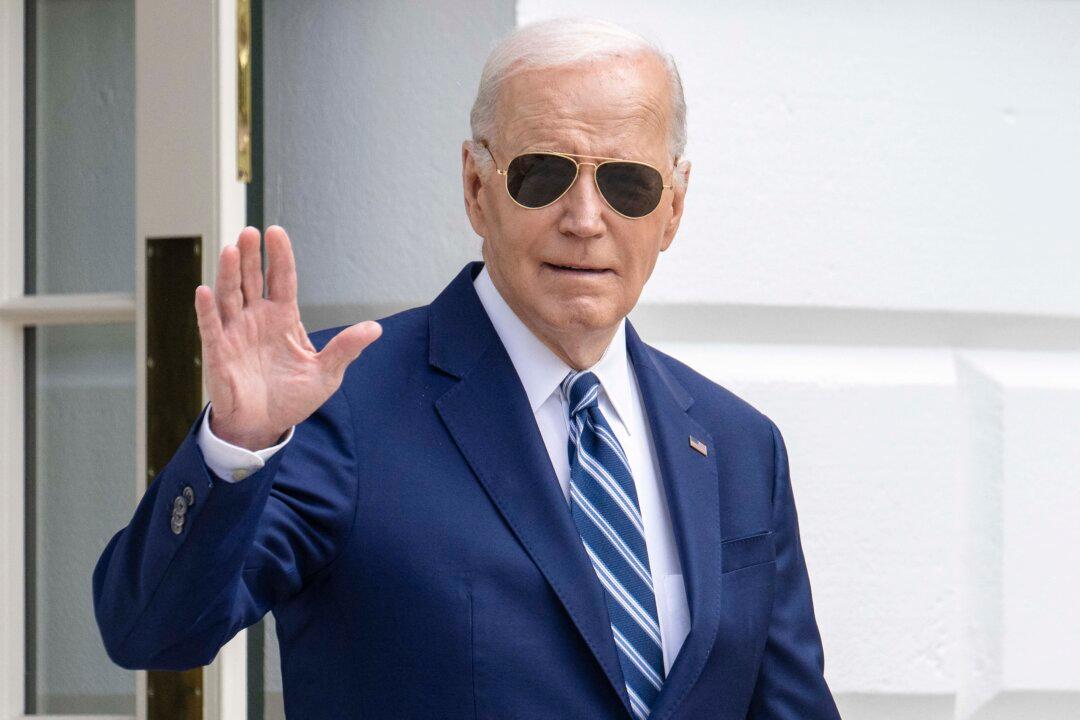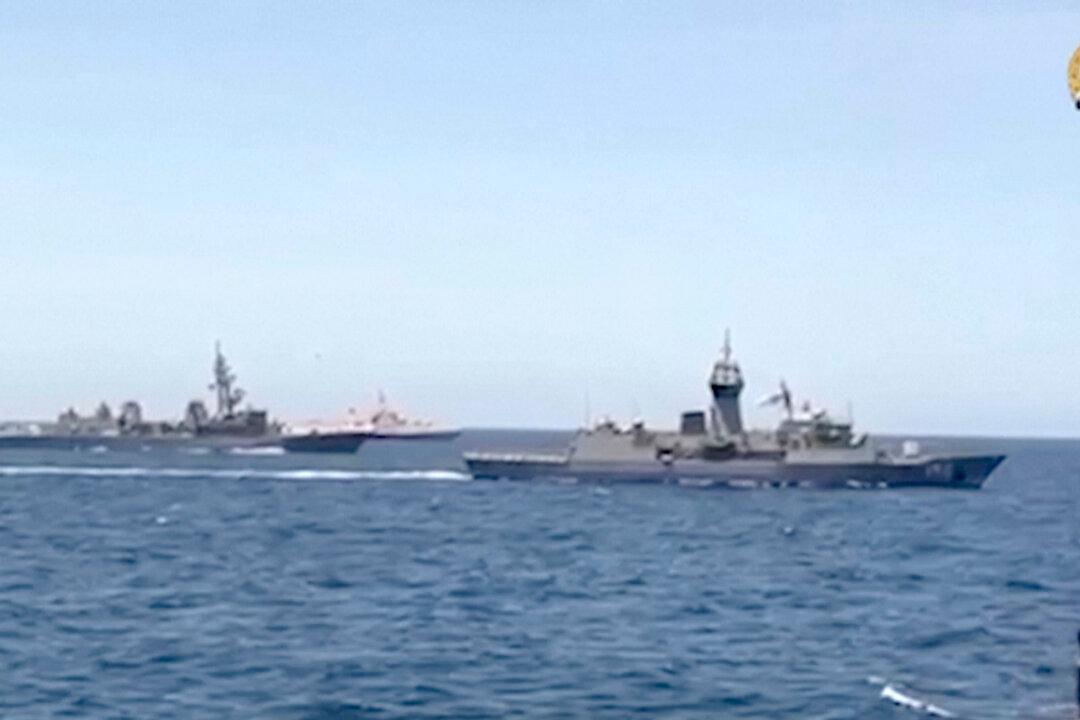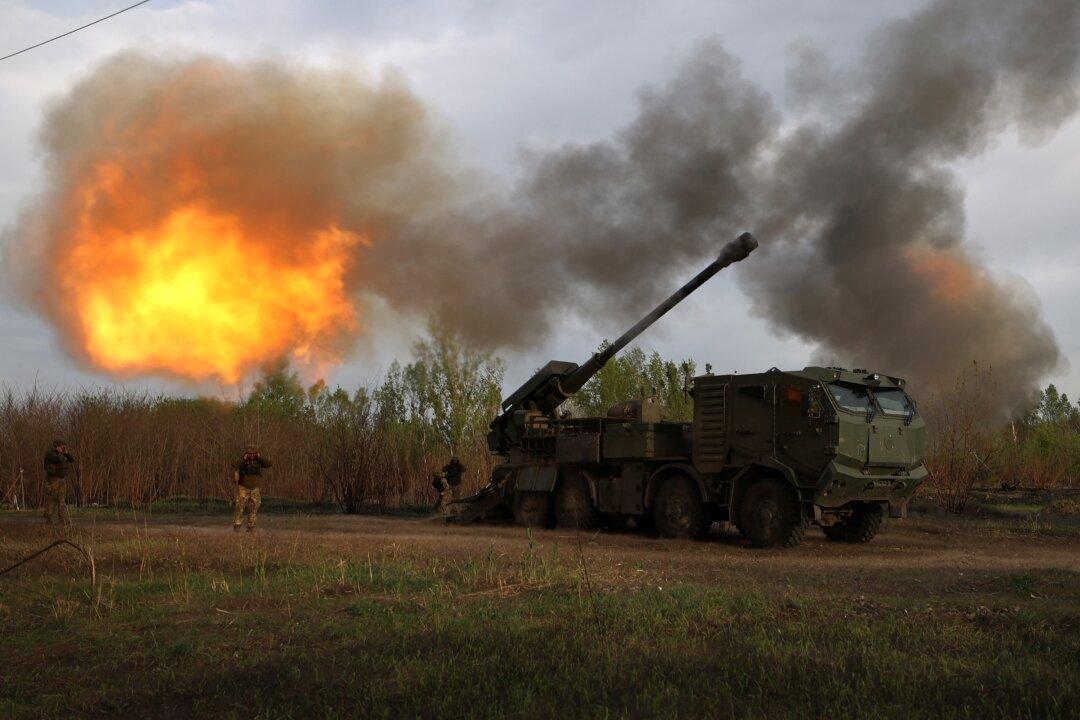WASHINGTON—The Association of Southeast Asian Nations’ (ASEAN) efforts toward increasing peaceful cooperation with China’s communist regime over the situation in the South China Sea has the support of the Biden administration, a State Department spokesman says.
China and numerous ASEAN members all lay claim to overlapping portions of the waterway.
The Biden administration supports such initiatives and believes that such frameworks are an invaluable avenue for maintaining peace in the region, State Department spokesman Vedant Patel said during a May 11 press briefing.
“As it relates to the South China Sea and as it relates to maritime boundaries and international delineation, we believe that there is important space for those kinds of talks to continue to have some kind of framework and rules of the road as it relates to that part of the world,” he told The Epoch Times.
ASEAN on Front Line of China Expansion
ASEAN’s relationship with the Chinese regime is sometimes a rocky road.ASEAN members Brunei, Cambodia, Indonesia, Malaysia, and Vietnam all hold claims to various parts of the South China Sea, which China has systematically sought to expand its control over through the creation of artificial islands and the mass use of illegal fishing fleets.
The statement put out by the body after its summit referred to the issue euphemistically as “the situation in the South China Sea” without specifically naming China.
“Concerns were expressed by some ASEAN Member States on the land reclamations, and serious incidents in the area, including damage to the marine environment, which has eroded trust and confidence, increased tensions, and may undermine peace, security, and stability in the region,” the statement reads.
Regardless, China continues essentially unimpeded in its efforts to expand its access to strategic resources in the region, largely succeeding by targeting small, unaligned nations for intimidation.
For its own part, the United States maintains that communist China’s claims in the South China Sea are invalid, and experts believe that the regime’s expansionary activities are a clear violation of international law.
“We’re getting dangerously close to the point where freedom of navigation no longer exists in the South China Sea.”
